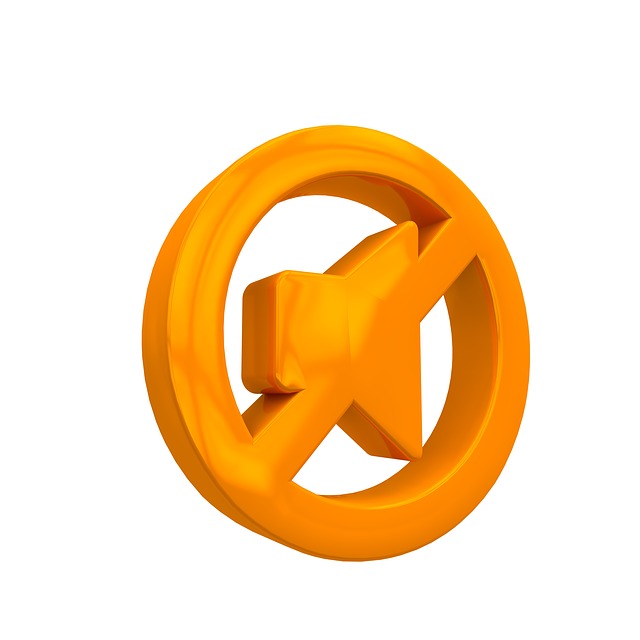Don’t be fooled by the label “100 percent fruit juice.” Drinks advertised in this way might seem like a healthy choice, but these drinks may be doing more harm than good. In fact, fruit juices contain sugar that can lead to tooth decay. The American Academy of Pediatrics (AAP) recently reevaluated their recommendations for allowing small children to consume fruit juice. Here’s what you need to know about the new guidelines.

No Fruit Juice in First 12 Months
The AAP used to suggest that infants younger than 6 months old should not be given fruit juice to drink. This year, however, the AAP updated these recommendations to suggest refraining from fruit juice for any infant 12 months and younger.
A Good Source of Vitamins – And Sugar
Fruit juice can be an excellent source for vitamins and minerals. Many fruit juices contain vitamin C and potassium. However, fruit juices are often high in sugar content. According to a study summarized by Medical News Today, fruit juice may contain as much as 2 teaspoons of sugar for every 100-mililiters.
Fruit Juice May Be Harming Your Teeth
Sugar is a leading cause of tooth decay, especially in children. The AAP also advises that toddlers and young children should not be served fruit juice in a “sippy cup.” These cups provide greater exposure of decay-causing sugar to teeth, leading to an ideal environment for tooth decay.
According to the updated guidelines set by the AAP, moderation is key. While children under 12 months of age should not be provided fruit juice, small amounts may be permitted for older children. The AAP suggests a maximum of 4 ounces of fruit juice per day for children aged 1 to 3, 4 to 6 ounces per day for children aged 4 to 6, and 8 ounces per day for those between the ages of 7 and 18. You may also consider adding water to dilute the juice before giving it to your child, so they receive less sugar.
Children and adolescents aren’t the only group that can benefit from consuming fewer sugary drinks. Sugar still leads to decay in adults as well. Our team suggests trying to limit your own consumption of sugary drinks.
Maintaining regular visits to our office will allow our dental team to ensure your child’s teeth are healthy. We will provide a comprehensive screening to locate and treat decay. If your child drinks more than the suggested amount of sugary fruit drinks, consider scheduling an extra cleaning with our team. Together, we can work to promote a lifetime of optimal oral health.
To schedule a visit to our dental office, please contact our team.
Phone: (703) 968-7022 Url: dentistincentreville.com 5703 Centre Square Drive Centreville, VA 20120



















